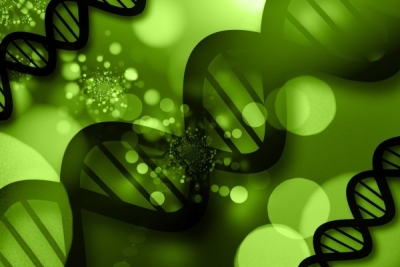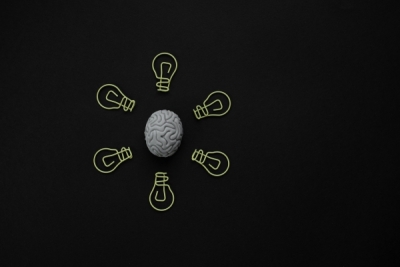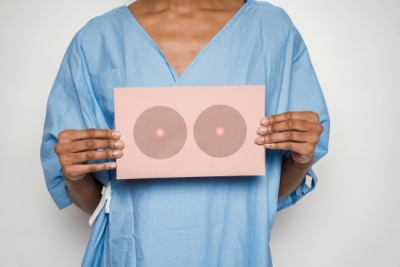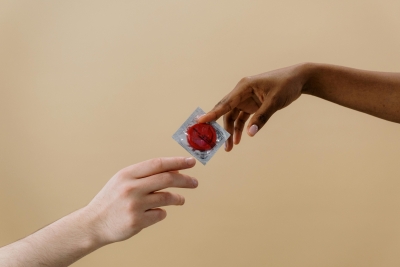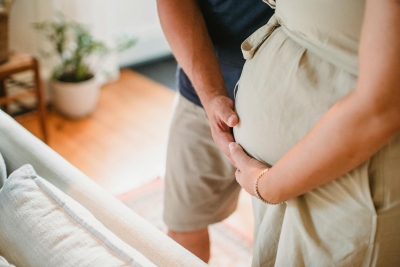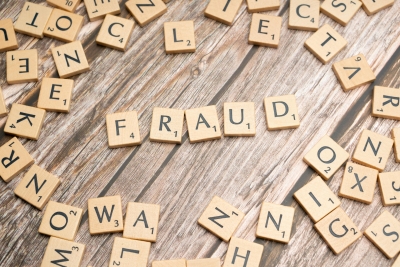It is not uncommon to notice the association between sex and alcohol, whether on social networks, in the media, at parties and at social gatherings. Always emphasizing the idea that a drink is an aphrodisiac ingredient for sexual intercourse. After all, can alcohol increase libido or improve sexual performance?
Alcohol is a central nervous system depressant. One or two drinks can initially cause a feeling of well-being and relaxation. The person may become more uninhibited and self-confident, with the impression that drinking helps in attracting a partner or getting more relaxed in bed. But as the number of drinks and the concentration of alcohol in the blood increase, so does the risk of a bad sexual performance. Drinking too much alcohol can decrease the libido and lead to risky behaviors such as unprotected sex.
Studies show that alcohol has contradictory physiological and psychological effects. It can create the feeling or expectation of greater sexual desire, but it affects, in a negative way, the performance, as in the old Shakespearean dilemma: “Lechery, sir, it [drink] provokes, and unprovokes: it provokes the desire, but it takes away the performance”.
Although the expectation of improved sexual performance with alcohol consumption can lead to a placebo effect on male performance (1), the abusive use of alcohol decreases arousal and the ability to erection (2). In women, a similar phenomenon occurs: although they report an increase in sexual arousal after drinking, in fact, there is a physiological decrease in alcohol-induced genital arousal at high doses (3). As for orgasm, few studies are available, which show fewer and more inconsistent orgasms in women and inhibition in men (2).
Chronic consumption and alcohol dependence are related to sexual dysfunctions such as erectile dysfunction, hypoactive sexual desire and premature or delayed ejaculation (2).
Harmful use of alcohol exacerbates risky sexual behaviors and increases the likelihood of unprotected sex with non-stable partners (4,5), greater exposure to sexually transmitted diseases (STDs) and non-consensual relationships. Excessive alcohol does not help to achieve a good sexual performance. This is a false myth that needs to be debunked.




